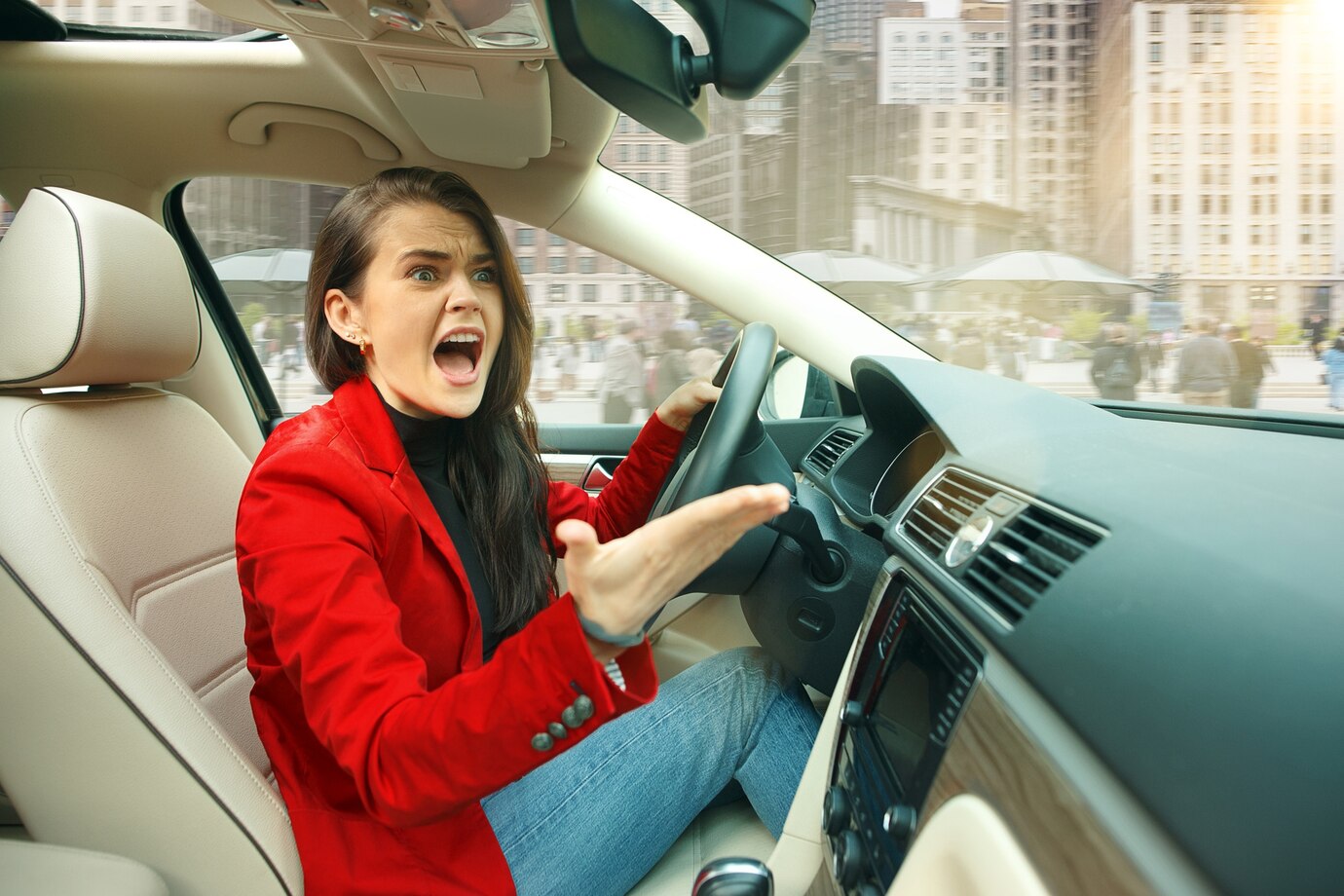New Drivers Driving Alone: 6 Emergency Situations You Must Know How to Handle

(Photo Credit: freepik)
New Drivers Driving Alone: 6 Emergency Situations You Must Know How to Handle
Living alone may not be too difficult, but being a new driver who also drives alone can be quite a challenge—especially when facing unexpected situations on the road. Some problems can be solved independently, while others may require assistance. Regardless of the type of problem, every emergency situation can cause stress and inconvenience. To help you stay prepared, here are six common roadside emergencies and how to handle them.
6 Emergency Situations Every Solo Driver Should Be Ready For
No one ever wants to deal with an emergency, especially while driving. However, accidents and mechanical failures can happen anytime, anywhere. That’s why new drivers—especially those who often drive alone—should know both how to prevent and how to handle such situations.
One important thing to remember is that hazard lights should be your first response in any emergency to alert other drivers. However, according to traffic laws, hazard lights should only be used when your vehicle is at a complete stop.
- Engine Malfunction
There are many reasons why your car's engine may fail. The best way to prevent this is to have your car serviced regularly at an authorized service center. However, if your engine suddenly malfunctions while driving alone:
- Tap the brake pedal lightly and repeatedly to signal to other drivers that your car has an issue.
- Steer your vehicle towards the side of the road and turn on the hazard lights.
- Call a mechanic or your car insurance provider’s roadside assistance immediately.
- Tire Blowout
A tire blowout is one of the most alarming situations for any driver, as it often happens with a loud bang. To prevent this, always check your tire condition before driving. If a tire blowout occurs:
- Do not slam on the brakes, as this may cause the car to spin out of control.
- Keep a firm grip on the steering wheel and gradually slow down by tapping the brakes gently.
- Carefully steer your car to the roadside and turn on the hazard lights.
- Brake Failure
Brake failure is a highly dangerous situation for any driver, especially when driving at high speeds. To stay safe:
- Honk the horn repeatedly to warn other road users.
- Shift to a lower gear and allow the engine to slow the car down.
- Do not immediately pull the handbrake; instead, wait until you're on a less steep road.
If your brakes fail while driving downhill, never engage the handbrake too soon, as it could overheat and worsen the situation. Instead, let go of the accelerator, shift to a lower gear, and allow the engine to slow the car down.

(Photo Credit: freepik)
- Stuck Accelerator
A stuck accelerator is uncommon but still a risk that all drivers should be aware of. To prevent this, have your car checked regularly. However, if it happens while driving:
- Immediately shift into neutral (N) to disengage the engine from the wheels.
- Gently apply the brakes and steer your car toward the side of the road.
- Once stopped, turn off the engine to prevent further damage.
If braking is not immediately possible, try guiding your car toward a sturdy barrier (such as a roadside fence or wall) using the passenger side. While it may cause some damage, this method is safer than allowing the car to keep accelerating uncontrollably, which could lead to a major accident.
- Headlight Failure
If your headlights suddenly stop working while driving at night, it could be due to a weak battery or faulty wiring. When this happens:
- Slow down immediately and look for a safe place to pull over.
- Once parked, check the cause of the issue or call for assistance.
- Cracked or Shattered Windshield
Windshield cracks often occur when loose gravel or debris is kicked up from the road, so it’s best to maintain a safe distance from the vehicle ahead to minimize the risk. However, if your windshield suddenly cracks:
- Stay calm and reduce your speed gradually.
- If removing broken glass is necessary, place a cloth or rubber mat over your dashboard and floor to catch the shards.
- Use a damp cloth to collect small glass pieces, but never pick up glass with your bare hands.
These emergencies aren't just for new drivers to know! Whether you're a beginner or an experienced driver, accidents can happen anytime. Knowing how to handle them will help keep you safe and minimize damage. But if you don’t want to deal with these issues alone, renew or get your insurance with Motorist to ensure you’re protected and taken care of in unexpected situations.
Claim your free car valuation today!
Read More: Can You Change the License Plate When Buying a Used Car?
Looking for a car appraisal? You can contact us for a free car valuation within 24 hours…
